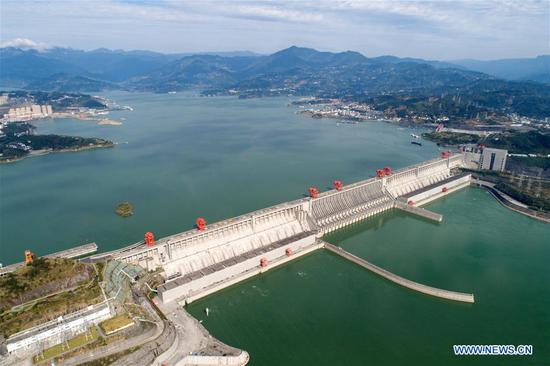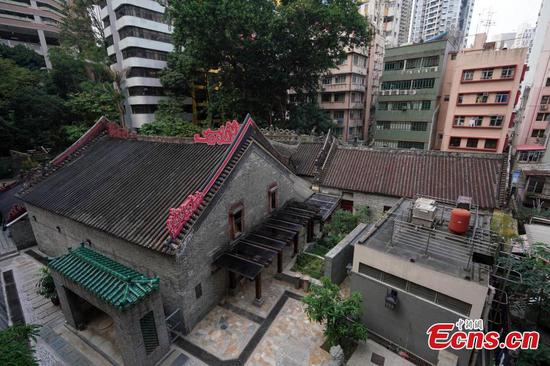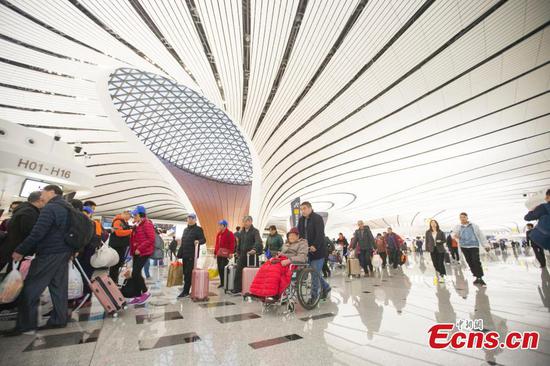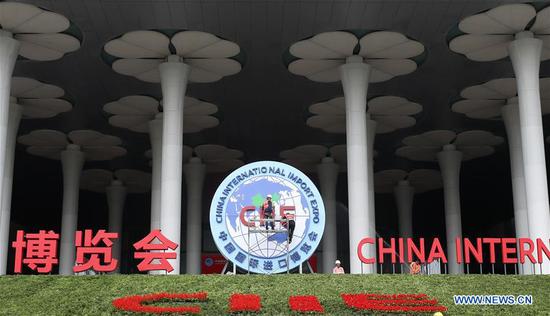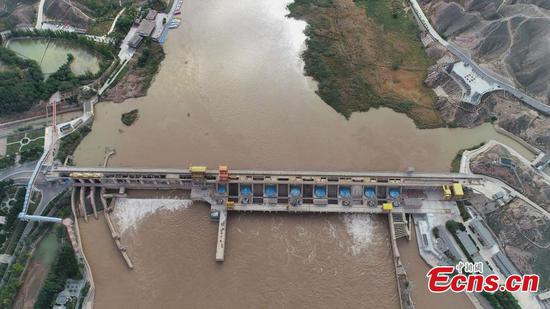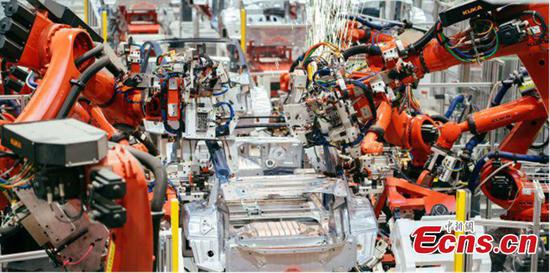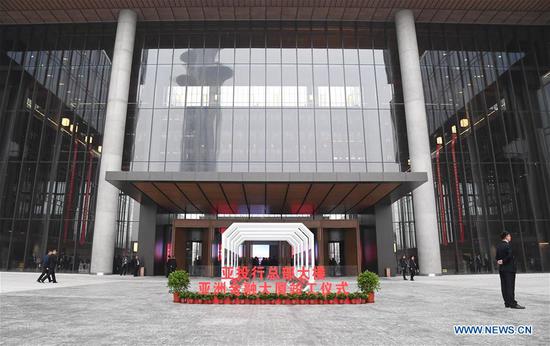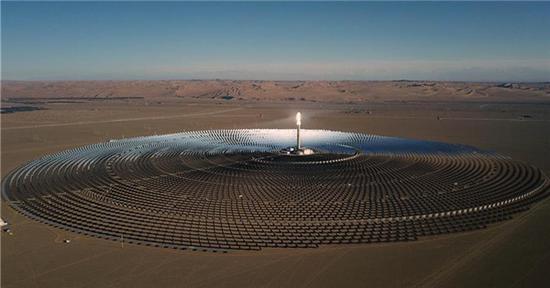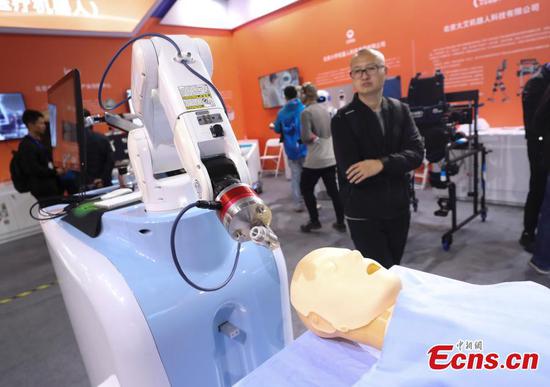Messages from the Understanding China Conference that closed Sunday show that China's reform and opening-up have delivered tangible benefits to the world and contributed to a new round of economic globalization.
The event, held in Guangzhou, capital of south China's economic powerhouse of Guangdong Province, brought in-depth discussions on "New Globalization and China's New Round of Reform and Opening Up."
About 600 officials, strategists, scholars and entrepreneurs from 17 countries and regions, as well as representatives of international organizations, participated in the three-day event.
ECONOMIC GLOBALIZATION
The international trading system that has made possible the extension and expansion of the opportunities of globalization is "under severe stress," said Ernesto Zedillo, former president of Mexico, at the opening ceremony.
"We are moving rapidly from a rules-based system into a system based on the force of power. And that, in other words, means the law of the jungle, which is detrimental for globalization," he said.
Against the backdrop of the twists and turns of economic globalization, China's economy has shown sufficient resilience and great potential.
China's GDP expanded 6.2 percent year on year in the first three quarters of 2019 to about 69.78 trillion yuan (about 9.88 trillion U.S. dollars), according to data from the National Bureau of Statistics.
During the conference, participants were optimistic about China's development prospects.
"Globalization and China's own policies have been highly complementary and mutually beneficial. We need to recognize this to fully understand China's commitment to globalization and the new round of the reform and opening up today," said Li Yong, director-general of the UN Industrial Development Organization.
China has contributed a lot to globalization, said Martin Jacques, a senior fellow of the Department of Politics and International Studies at the University of Cambridge, adding that one of China's basic views on globalization is inclusiveness, which allows China to better integrate into the world economy.
"From China-Africa cooperation to the Belt and Road Initiative (BRI), we can see China's active integration into the world economy," he said.
REFORM AND OPENING-UP
With nearly 1.4 billion people, China has always been a good example of an open economy, as well as a defender and a promoter of globalization.
"China's development made by its reform and opening-up policy is inseparable from and mutually reinforcing with the process of globalization," said Zheng Bijian, chairman of the China Institute for Innovation and Development Strategy.
"The current era calls for a new framework of economic globalization and China will contribute to the world economy through opening-up," he said.
China has signed documents with more than 160 countries and international organizations on B&R cooperation, which is a good example of China's opening-up determination.
"The initiative has linked China extensively with its neighbors," said Kishore Mahbubani, a distinguished fellow at the Asia Research Institute of the National University of Singapore (NUS).
With strengthened cooperation, more economic dividends will be seen in B&R countries, he added.
From 2013 to 2018, the trade volume between China and other countries along the B&R surpassed 6 trillion U.S. dollars and China's investment in those countries exceeded 90 billion dollars.
"Though proposed by China, the opportunities and achievements brought by the BRI are shared by the world," said Zhao Ai, executive vice president of the China Society of Economic Reform.
"The cooperation among B&R countries has opened up new space for world economic growth, built a new platform for international trade and investment and contributed to the improvement of the global governance system," he said.
China has lifted 800 million people out of poverty, which is a remarkable miracle and has made great contributions to the world, said Professor Zheng Yongnian with the East Asian Institute of the NUS.
China has begun to move from quantitative economic growth to qualitative economic development, taking opportunities in the development of the Guangdong-Hong Kong-Macao Greater Bay Area while actively promoting the new round of economic globalization, Zheng added.









